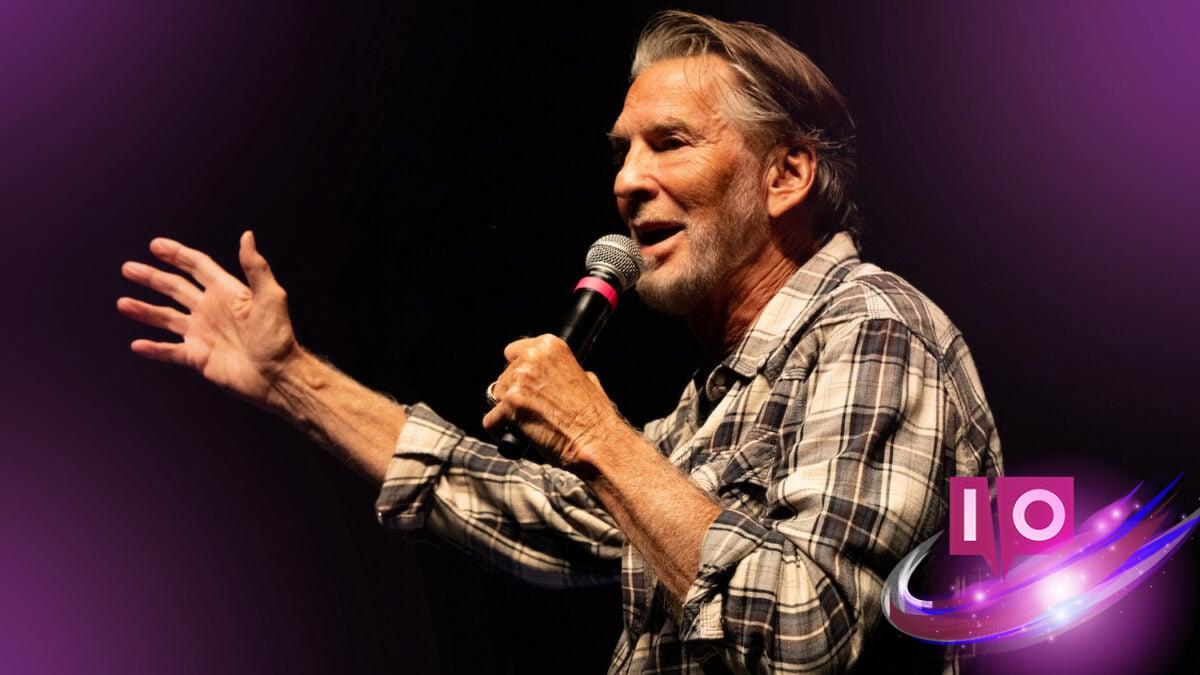Recently, an AI-generated video shared by the President of the United States stirred quite a controversy. Featuring Kenny Loggins’ iconic song “Danger Zone” from Top Gun, the video portrays him flying over the “No Kings” protests that took place this past weekend, dropping what many viewers deemed rather unpleasant. Upon learning about the video, Loggins promptly voiced his disapproval.
Kenny Loggins expressed, “This is an unauthorized use of my performance of ‘Danger Zone.’ Nobody asked me for my permission, which I would have denied, and I request that my recording on this video is removed immediately,” as reported by NPR.
Loggins described his thoughts further, stating, “I can’t imagine why anybody would want their music used or associated with something created with the sole purpose of dividing us. Too many people are trying to tear us apart, and we need to find new ways to come together. We’re all Americans, and we’re all patriotic. There is no ‘us and them’ – that’s not who we are, nor is it what we should be. It’s all of us. We’re in this together, and it is my hope that we can embrace music as a way of celebrating and uniting each and every one of us.”
This video emerged as millions gathered peacefully to protest Trump’s policies. Various media outlets have referred to the surprising material being dropped in the video. NPR described it as “sludgy brown material,” while The Guardian also chose the term “sludge.” Conversely, 404 Media was more blunt, stating, “It’s poop, ok? It’s shit. It’s diarrhea.” Politico referred to it as a “poop-bombing” video. Regardless of the terminology, it certainly stirred strong reactions, and Kenny Loggins wanted nothing to do with it.
This incident adds to a growing list of artists and celebrities who have voiced complaints after their work was co-opted for political purposes. Just last month, comedian Theo Von requested that his clip be removed from a pro-deportation video by the Department of Homeland Security. Loggins is yet another artist, joining a long list of musicians who have asked Trump to stop using their music in his political rallies and messages. This list notably includes icons like ABBA and The Rolling Stones.
While we await Loggins’ further comments on the situation, the White House did respond to inquiries about the video. Their reply was a symbolic screenshot from Top Gun with meme text overlay stating, “I FEEL THE NEED FOR SPEED,” paraphrasing a famous quote from the film.
So, what’s the ongoing debate about artistic expression and political content? Here are some pressing questions people are asking:
Why do artists object to political use of their music? Many artists feel their work should not be associated with political messages they don’t agree with, seeing it as a violation of their artistic integrity.
What impact does music have on political movements? Music often serves as a unifying force in protests, helping convey emotions and solidarity, making it essential for peaceful demonstrations.
How can artists protect their work from unauthorized use? Artists can reach out for legal protections and work with organizations that support artistic rights to manage unauthorized use effectively.
In conclusion, the intersection of art and politics will continue to be fraught with tension, but it’s crucial for artists like Loggins to voice their concerns. For an in-depth exploration of related topics, continue to check out more on Moyens I/O.
